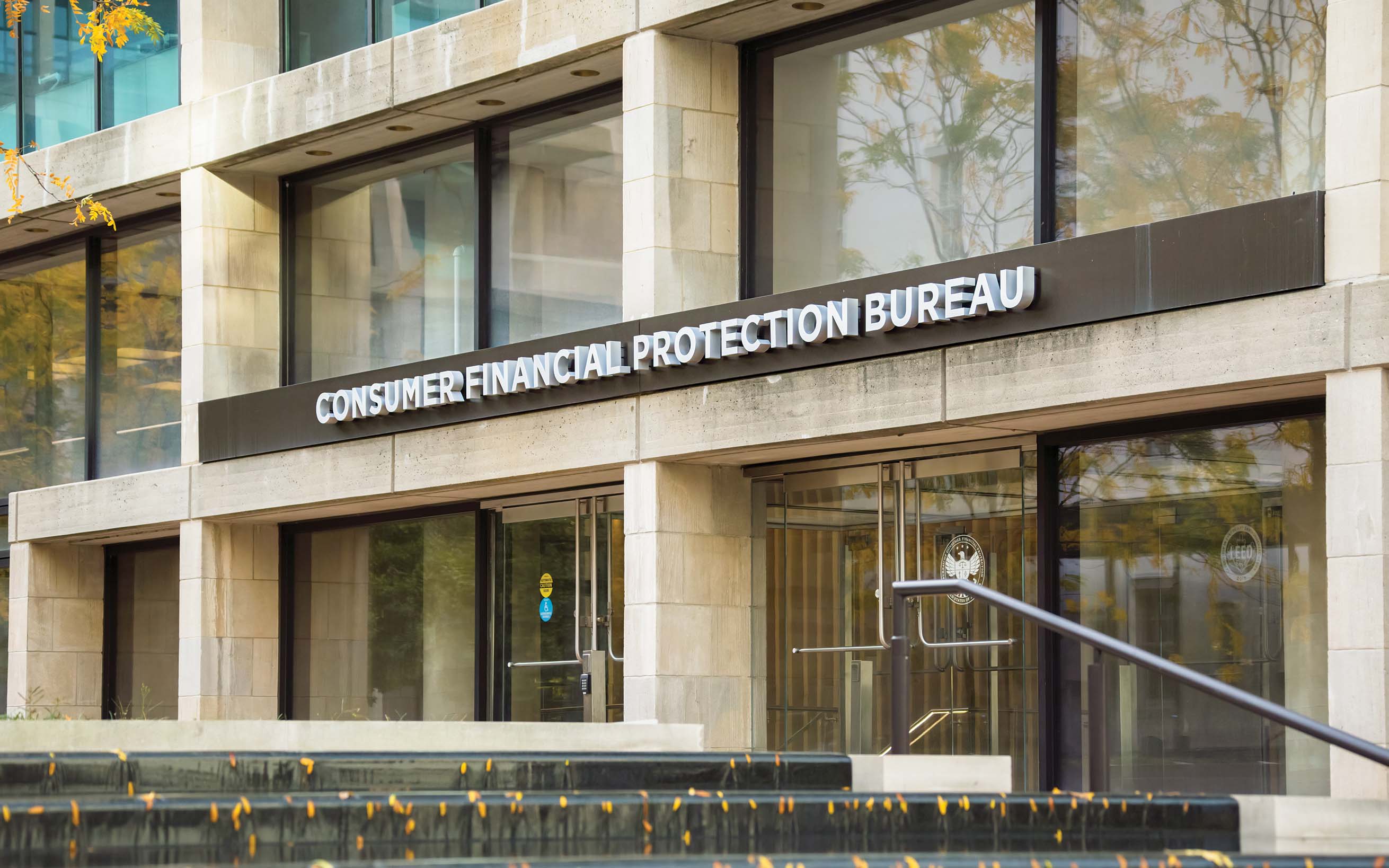Regulatory changes in 2023 may have started slowly but picked up speed in the fourth quarter.
2023 Regulatory Review: A Late-Year Surge
December 19, 2023 / By Mary Thorson Wright
Regulatory changes in 2023 may have started slowly but picked up speed in the fourth quarter.
While regulators issued just a handful of final rules, proposed regulatory changes and guidance during the first part of 2023, the volume has picked up significantly late in the year.
Payment card regulation developments
The Federal Reserve Board finalized updates to its rule for debit card transactions. The updates were effective July 1, 2023, and required debit card issuers to provide two unaffiliated payment networks enabled for card-not-present (CNP) transactions. In late October, the board proposed changes for determining the debit interchange for issuers with more than $10 billion in assets.
Last year, the Consumer Financial Protection Bureau (CFPB) issued Circular 2022-06 about two “junk fee” practices they considered unfair and unlawful under existing law. The targeted practices include surprise overdraft fees and check depositor fees.
“President Biden referenced credit card late fees during his State of the Union address in February 2023, before it had been published in the Federal Register,” says Kari Mitchum, ICBA vice president of payments policy.
ICBA swiftly responded to those remarks in a statement, saying community banks continue to reject Biden’s mischaracterization of overdraft protection services and credit card fees for late payments as “junk fees,” which misrepresents the overdraft protection services that banks offer and customers sign up for and how community banks meet the credit card needs of their customers.
“Unfortunately, rulemaking outside the traditional method—for instance, in a blog post or speech—may be too ‘broad brush’ and can cause misunderstanding and misinterpretations,” Mitchum notes. “Community banks disclose all fees assessed, including overdraft and check depositor fees.”
Rhonda Thomas-Whitley, ICBA senior vice president and senior regulatory counsel, adds, “Community banks have met standards for clear and complete disclosures to customers about how their accounts work, fees imposed for specific purposes and any overdraft mechanisms that are available on the accounts.
"They have undergone examinations and, for many, have also taken advantage of third-party reviews or audits of the disclosures and operational requirements for the accounts. Now, if adherence to prior standards is viewed as less than satisfactory, it could be disruptive to the industry.”
Unfair or unlawful fee practices could also include credit card late fees. In February 2023, the CFPB proposed rules to curb excessive credit card late fees. At the time of this writing, the bureau had not finalized the rules.
Section 1071 and CRA developments
On March 30, 2023, the CFPB issued a final rule amending Regulation B to implement changes to the Equal Credit Opportunity Act made by Section 1071 of the Dodd-Frank Act. Covered financial institutions are required to collect and report to the CFPB data on applications for credit for small businesses, including those that are owned by women or minorities.
“Since the final rule was issued, ICBA has secured some wins on the legislative and judicial fronts,” says Mickey Marshall, ICBA assistant vice president and regulatory counsel. “This includes a successful Senate resolution that would nullify the effect of 1071 and a ruling in our Texas lawsuit that grants nationwide injunctive relief for all community banks.”
On Oct. 24, 2023, the federal bank regulators jointly released a final rule to modernize Community Reinvestment Act (CRA) regulations. The final rule raises the small bank asset threshold from $357 million to $600 million in assets and creates a qualifying activities list and preapproval process that will increase certainty about whether prospective loans or investments count for CRA credit. However, by classifying all banks with more than $2 billion in assets as large banks, ICBA said in a statement responding to the final rule, it does not sufficiently differentiate between community banks and the nation’s largest banks.
“While ICBA and the nation’s community banks support agency efforts to modernize the CRA’s implementing regulations, regulators must recognize that a regulatory change of the length and complexity of this rule will create disproportionate implementation costs for community banks,” ICBA president and CEO Rebeca Romero Rainey said in a statement responding to the final rule.
Customers' access to their data
Finally, the CFPB released its proposal to implement standards for sharing consumer financial data under Section 1033 of the Dodd-Frank Act.
The CFPB’s proposed rule would require depository and nondepository entities to make available to consumers and authorized third parties certain data relating to consumers’ transactions and accounts. It would stagger compliance deadlines according to four tiers based on data providers’ size, technology, and use of third-party service providers and legacy systems.
“Section 1033 deals with the customer’s access to their financial data,” Marshall says. “If customers request it, the bank would be required to provide the information in what is called a ‘machine readable’ format—basically, a digital transaction history and information about the customer’s accounts. Conceivably, customers may want to share the information with third-party payment entities or another financial institution with which they have or are establishing an account.”
Despite a slow start from the regulatory agencies in early 2023, the pace of activity picked up substantially late in the year, reflecting the continued importance of closely monitoring all types of regulatory communications.
More from ICBA
The ICBA Compliance Institute is built to meet the needs of seasoned professionals seeking the latest regulatory education and industry best practices, as well as newer compliance officers seeking to gain a clear understanding of the fundamental concepts of each regulation. Register today for the ICBA Compliance Institute, Feb. 25–March 1, 2024, in Dallas.
Subscribe now
Sign up for the Independent Banker newsletter to receive twice-monthly emails about new issues and must-read content you might have missed.
Sponsored Content
Featured Webinars
Join ICBA Community
Interested in discussing this and other topics? Network with and learn from your peers with the app designed for community bankers.
Subscribe Today
Sign up for Independent Banker eNews to receive twice-monthly emails that alert you when a new issue drops and highlight must-read content you might have missed.
News Watch Today

Join the Conversation with ICBA Community
ICBA Community is an online platform led by community bankers to foster connections, collaborations, and discussions on industry news, best practices, and regulations, while promoting networking, mentorship, and member feedback to guide future initiatives.












